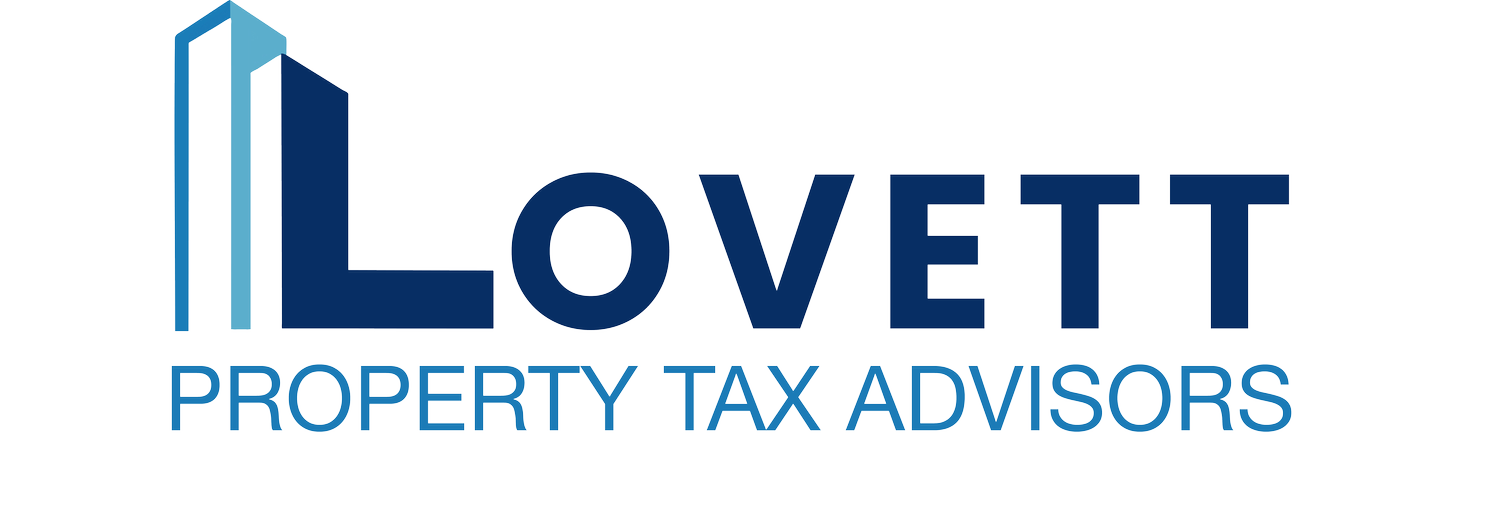Fulton County Board of Tax Assessors v. Westside Atlanta Retail, LLC
In the case of Fulton County Board of Tax Assessors v. Westside Atlanta Retail, LLC, the Georgia Court of Appeals addressed the issue of the time frame within which a hearing must be scheduled following a taxpayer's appeal of an ad valorem property tax assessment. The court found that the trial court correctly granted summary judgment to the taxpayer because the hearing was not timely scheduled, as required by the statute. The court conducted a de novo review and interpreted the plain language of the statute, affirming the trial court's decision.
The facts of the case were undisputed. The Fulton County Board of Tax Assessors assessed a value of $5,270,000 for a property owned by Westside Atlanta Retail, LLC. Westside filed an appeal proposing a value of $2,335,000. The Board reviewed the appeal and issued a "no change" letter. Westside elected to continue the appeal and requested a hearing officer review. The appeal was certified to the Appeal Administrator, and a hearing was scheduled and conducted after several delays due to the COVID-19 pandemic.
The issue revolved around the interpretation of OCGA § 48-5-311 (e.1), which sets forth the time frame for scheduling a hearing. The Board argued that it had 180 days to review the appeal, and then the Appeal Administrator had another 180 days to schedule the hearing. Westside contended that these periods should run concurrently. The court relied on canons of construction and the plain language of the statute to determine that the Appeal Administrator had 180 days from the date the Board received the appeal to schedule the hearing.
The court rejected the Board's argument that the interpretation led to absurd results and emphasized that statutory construction is the courts' domain, not the legislature's. The court stated that if the Board believes the statutory scheme is unworkable, it should seek redress from the General Assembly. Ultimately, the court affirmed the trial court's grant of summary judgment in favor of Westside, as the Appeal Administrator failed to timely schedule the hearing.
In conclusion, the Georgia Court of Appeals clarified the time frame for scheduling a hearing in property tax assessment appeals and affirmed the trial court's decision that the Appeal Administrator did not comply with the statutory requirement. The court's interpretation of the plain language of the statute led to the affirmation of summary judgment in favor of the taxpayer.


